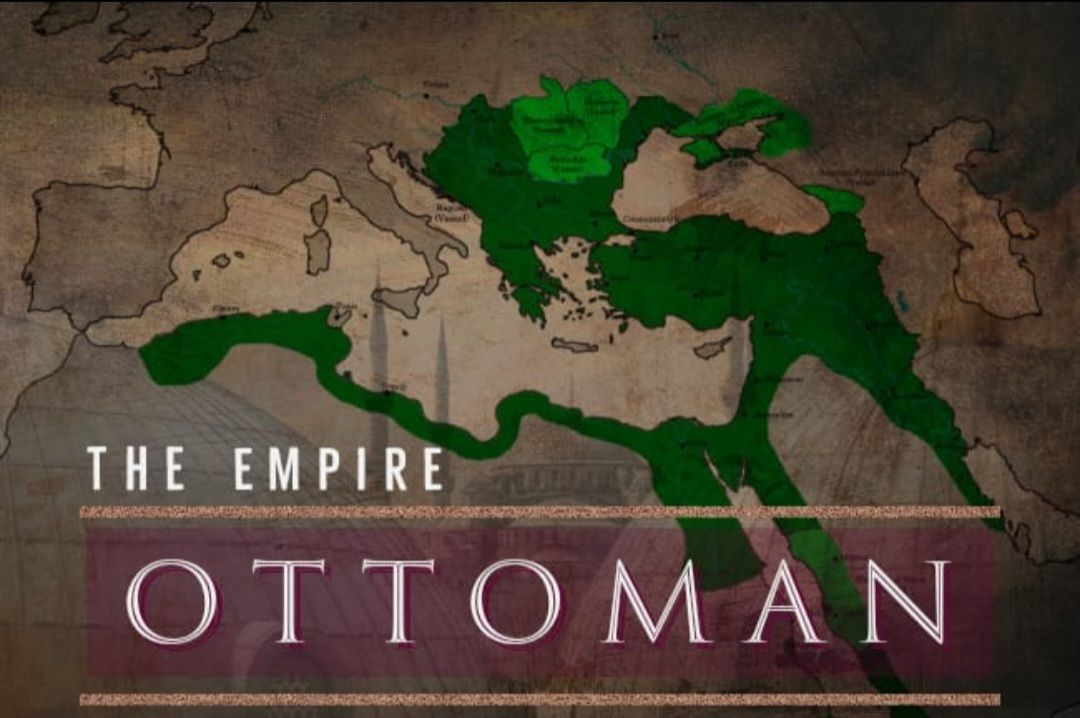
[39] Ascent and Decline of the Ottoman Empire
In The Name of Allah, The Most Merciful, The Bestower of Mercy.
Sultan Abdul Hamid II
continued….
Russia aimed to gain access to warm waters for religious, economic, and geographical reasons. Peter the Great (1672 – 1725) stressed in his will to the Russians, especially in paragraphs nine, eleven, and thirteen, the importance of a civilizational fight against the Ottomans until the Ottoman Empire is no more. Peter the Great states in paragraph nine of his will:
“As we get closer to Constantinople and India, it is clear that whoever controls Constantinople has effectively taken charge of the world. Thus, it is crucial to persist in the conflict against the Ottomans”.
The eleventh paragraph states:
“We are working with Austria to drive the Ottomans out of Aurea”.
The twelfth paragraph notes:
“After God, or in relation to the Ottoman territories, we will assemble our forces, our fleets will navigate into the Baltic Sea and the Black Sea, and we will initiate discussions with France and the Austrian Empire about the partitioning of the world between us”.
Russia showed a strong interest in that decree, and under Sultan Abdul Hamid II’s rule, many revolutions took place with backing from Russia and various European nations in the Balkans, Greece, and other areas of the Ottoman Empire. Their efforts didn’t end there; they also aimed to create independent Christian nations like Romania, Bulgaria, Serbia, and Greece. Following the Ottomans’ significant victories in the Balkans, Russia geared up for war and then announced a relentless conflict against the Ottoman Empire. Romania formed an alliance with Russia, drawing the Ottomans into a fierce confrontation with the Russians. The Russian forces crossed the Danube River and took control of multiple cities that belonged to the Ottomans, such as “Turnu” and “Nicopole,” which are now situated in Bulgaria.
Moreover, the Russians captured several strategic locations and crossings that lead to the Balkans. Sultan Abdul Hamid made important adjustments in the command of the Ottoman forces to resist the Russian invasion. The Russians tried to capture the city of (Balkan), now situated in Bulgaria. During that period, Uthman Pasha valiantly faced them, pushing them back in defeat and regaining the vital crossings to the Balkans. However, the brave Ottoman commander initiated another assault with a greater number of troops. Still, that notable Ottoman leader effectively drove the Russians away again, leading the Ottoman Sultan to release a special decree commending that commander.
In response to this resilience, the Russians sought to change their strategy for capturing the city. They enacted a siege policy designed to block supplies from reaching the Ottoman armies positioned there. At the same time, they strengthened their forces, with the Russian Tsar personally preparing for the upcoming battle, and the Prince of Romania forming an alliance with Russia. He brought along 100,000 troops, which altered the military balance in favour of the Russians, whose forces numbered over 150,000. They laid siege on three fronts against the Ottoman troops. However, the besieged Ottomans, commanded by Uthman Pasha, exhibited remarkable resilience. Despite having around 50,000 fighters, they crafted a brilliant plan for a counteroffensive against the enemy’s besieging lines, aiming for either victory and relief from the siege or martyrdom (InShaaAllah).
Uthman Pasha commanded his troops against the enemy, who were celebrating and rejoicing. Many of them died as martyrs (InShaAllah) at the hands of the Russian forces; however, they succeeded in breaking through the first and second lines of the besiegers, seizing the artillery within. He suffered some injuries at the third line, which ignited a strong rumour among his men regarding his martyrdom (InShaAllah). This news demoralised them, prompting an attempt to retreat to the city. Yet, some Russian troops had already penetrated it, leaving the Ottoman soldiers vulnerable to various enemy fire. As a result, they were forced to surrender to the Russian forces. This took place in the year 1294 AH, towards the end of 1877. The Ottoman commander, despite his injuries, surrendered to the Russians, who respected and commended his courage and bravery. The chief commander of the Russian troops even congratulated him for his outstanding defense, reinstating his rank in acknowledgment of his fighting abilities and determination. In December of that same year, 1877, he was taken to Russia, where the Tsar welcomed him with full honours, and not treating him as a prisoner.
The victories of the Russians inspired the Serbs in the Balkans to act against the Ottomans, prompting their forces to assault Ottoman strongholds in the area, which diverted focus from the Russians, who were concurrently aiming to seize new lands. In fact, the Russians managed to take Sofia (now the capital of Romania) and continued their advance; they moved south towards the former Ottoman capital, getting within just fifty kilometers of Istanbul, creating a critical predicament for the Ottoman Empire. Simultaneously, many battles were occurring between the Ottomans and the Russians on the Asian front, where the Russians advanced into Anatolia. Nevertheless, the Ottomans managed to defeat and chase them back into Russian land. Under the leadership of Ahmad Mukhtar Pasha, the Ottomans won over six battles against the Russians, however, the Russians renewed their offensives in those regions, once again focusing on specific areas within Anatolia. In the year 1295 AH, they succeeded in defeating the Ottoman forces and taking control. Given the Ottoman setbacks in both Europe and Asia, the Ottoman Empire was forced to agree to a truce with the Russians and enter negotiations, resulting in the signing of the Treaty of San Stefano in 1878. This treaty was finalised on March 3, 1878, and was signed by “Saffet Pasha” on behalf of the Ottoman Empire, who was visibly emotional. It was unavoidable that this treaty would contain terms unfavourable to the Ottoman Empire.
An Excerpt from ‘Ad-Dawlah Al-Uthmaaniyyah Awaamil An-Nuhood Wa Asbaab As-Suqoot 6/454-456

